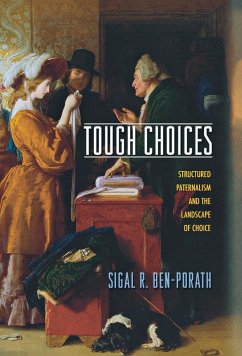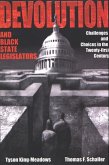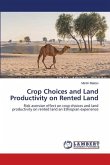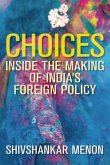To what extent should government be permitted to intervene in personal choices? In grappling with this question, liberal theory seeks to balance individual liberty with the advancement of collective goals such as equality. Too often, however, society's obligation to provide meaningful opportunities is overshadowed by its commitment to personal freedom. Tough Choices charts a middle course between freedom-oriented anti-interventionism and equality-oriented social welfare, presenting a way to structure choices that equalize opportunities while protecting the freedom of individuals to choose among them. Drawing on insights from behavioral economics, psychology, and educational theory, Sigal Ben-Porath makes the case for structured paternalism, which is based on the understanding that state intervention is often inevitable, and that therefore theorists and policymakers must focus on the extent to which it can productively be applied, as well as on the forms it should take in different social domains. Ben-Porath explores how structured paternalism can play a role in providing equal opportunities for individual choice in an array of personal and social contexts, including the intimate lives of adults, parent-child relationships, school choice, and intercultural relations. Tough Choices demonstrates how structured paternalism can inform more egalitarian social policies, ones that acknowledge personal, social, and cultural differences as well as the challenges all individuals may face when they make a choice.
Hinweis: Dieser Artikel kann nur an eine deutsche Lieferadresse ausgeliefert werden.
Hinweis: Dieser Artikel kann nur an eine deutsche Lieferadresse ausgeliefert werden.








